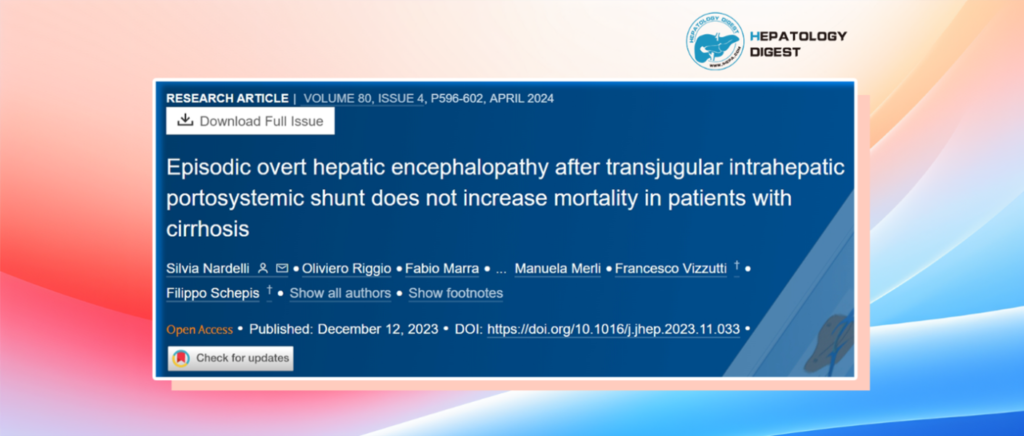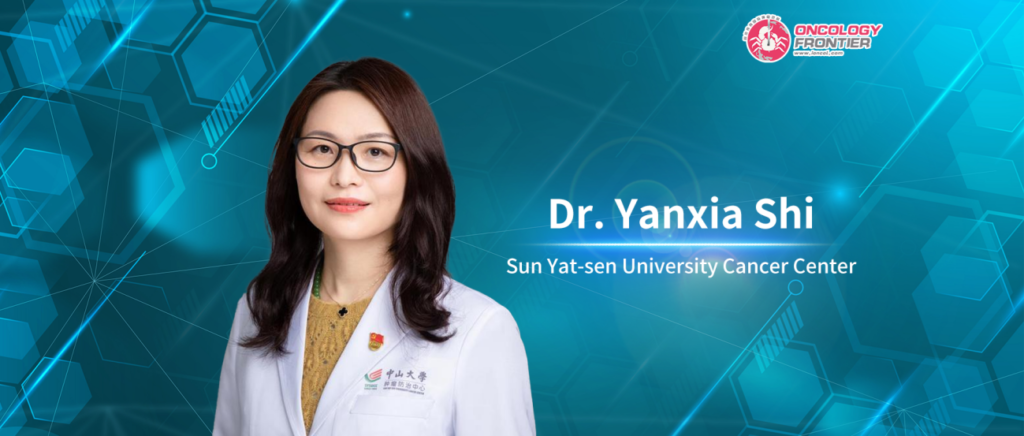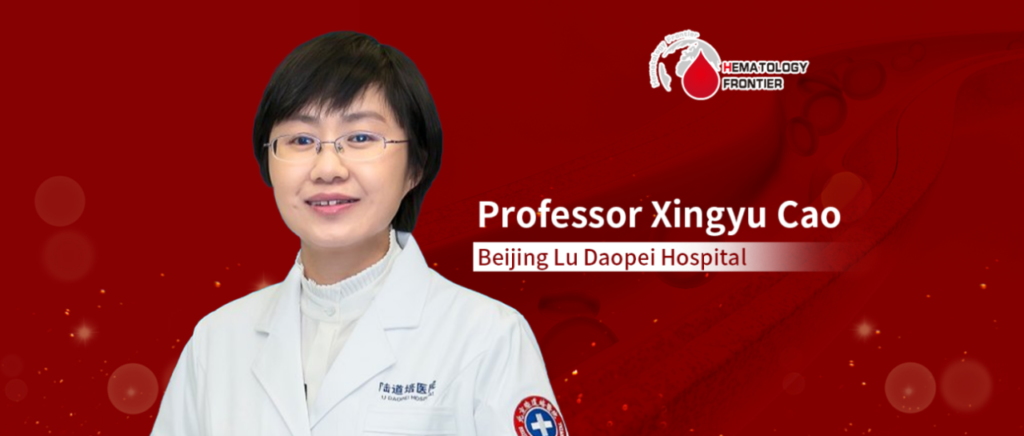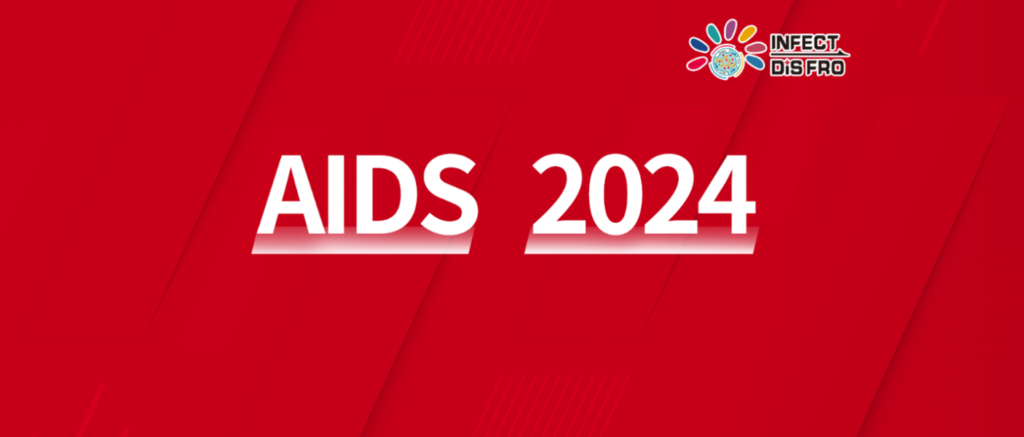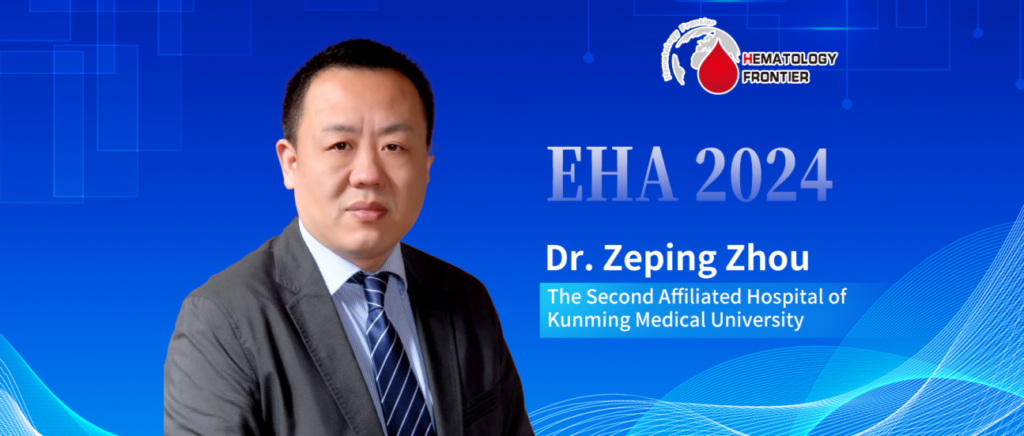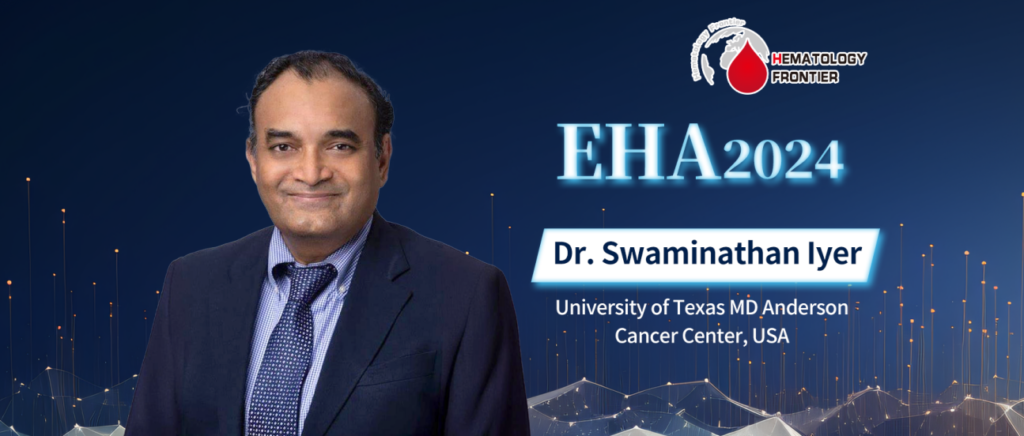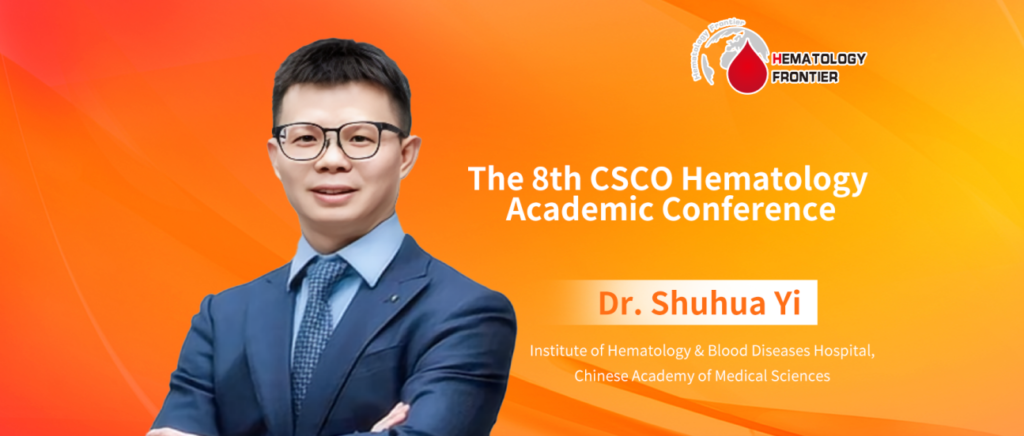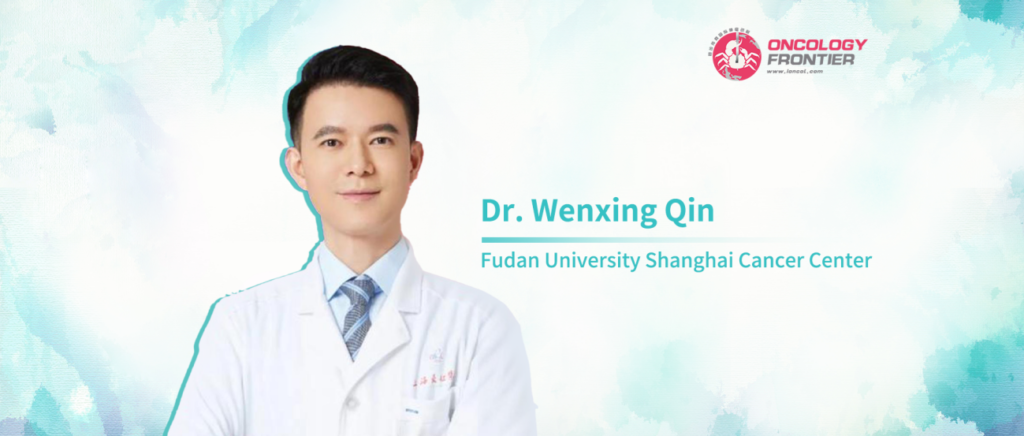
A century ago, Paul Ehrlich, the father of German immunology, proposed the concept of the "Magic Bullet," which targets toxic drugs to microorganisms or tumor cells. With continuous technological breakthroughs, Antibody-Drug Conjugates (ADCs) have seen explosive approval. These drugs combine specific monoclonal antibodies with highly active cytotoxic drugs via linkers, balancing the specificity of targeted therapies with the efficacy of cytotoxic drugs. ADCs have shown strong activity in anti-tumor therapy due to their unique design and pharmaceutical properties, with significant advantages in targeting specificity and reducing side effects. Particularly in breast cancer, ADCs like T-DXd have brought significant survival benefits to advanced patients, transforming the clinical treatment landscape of breast cancer. Despite their impressive clinical performance, ADCs still face the challenge of treatment resistance. Fully understanding the mechanisms of ADC resistance is clinically significant as it guides the development of subsequent treatment strategies. Oncology Frontier invited Dr. Wenxing Qin from Fudan University Shanghai Cancer Center to systematically review the progress in ADC resistance mechanisms and feasible response strategies.

